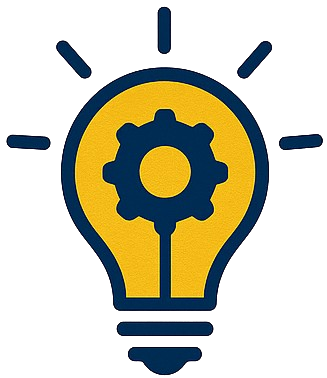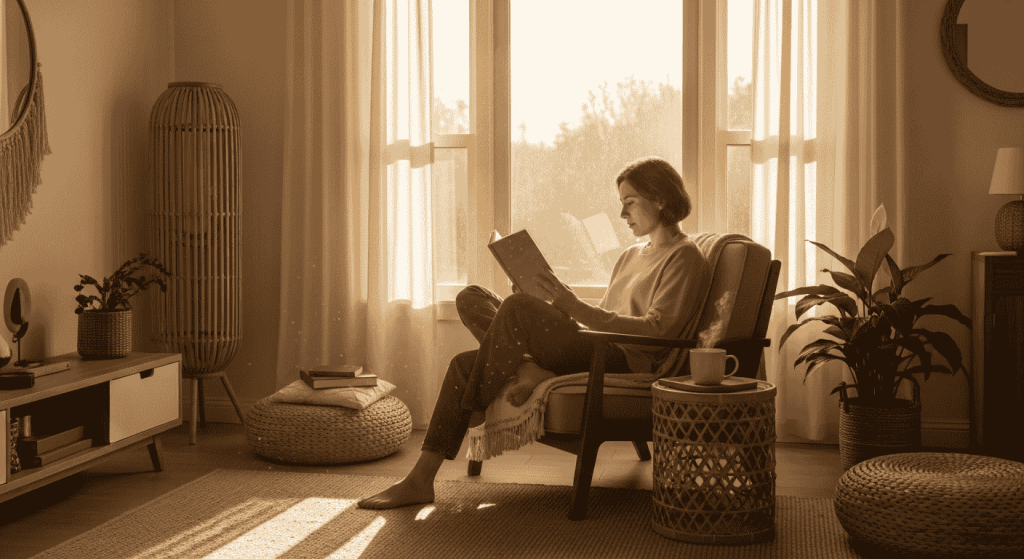In today’s hyper-connected world, setting aside time to unplug from technology isn’t just refreshing—it’s crucial for our mental well-being. A digital detox—simply taking a break from screens—can reduce stress, improve focus, and help you rediscover balance in life.
What Is a Digital Detox?
A digital detox refers to a deliberate period of refraining from using electronic devices like smartphones, computers, or social media platforms. The aim is to limit screen time and reconnect with life offline—whether that’s through setting screen-free hours or going completely offline during short breaks
How to Build Self-Discipline and Achieve Your Goals
The Benefits of a Digital Detox
1. Enhanced Mental Well-Being
Unplugging can significantly reduce stress, depression, and anxiety, while boosting emotional resilience and overall happiness
2. Better Sleep Quality
Limiting screen exposure—especially before bed—helps restore melatonin balance and supports healthier sleep cycles
3. Sharper Focus and Productivity
Reducing digital distractions promotes improved concentration and productivity in daily tasks
4. Stronger Real-World Connections
Screen-free time fosters deeper interactions and more meaningful connections with those around you
5. Physical Health Improvements
Taking a break from screens can ease eye strain, neck tension, and prevent “tech neck”—a posture issue tied to device overuse
Simple Morning Routines That Can Change Your Life
How to Start Your Digital Detox
Here are practical, easy ways to limit screen time and embrace a screen-free time approach:
| Step | Action |
|---|---|
| 1. Set Clear Goals | Decide if you want to reduce social media use, screen time at night, or have full unplugged days |
| 2. Create Screen-Free Zones | Avoid screens during meals, one hour before bedtime, or in your bedroom . |
| 3. Use Tools Wisely | Try greyscale mode, app blockers, or screen timers to minimize distractions |
| 4. Choose Offline Activities | Replace scrolling with reading, walks, journaling, or meaningful hobbies |
| 5. Start Small, Build Up | Even a daily 30-minute break from screens can lower cortisol and improve mood |
Why a Digital Detox Truly Matters
Today’s digital overload isn’t just convenient—it’s often unhealthy. Overuse of screens fuels chronic stress, poor sleep, and emotional overload. In fact, experts are increasingly prescribing digital detox as essential self-care, not a luxury .
A 2025 systematic review confirms that reducing screen time supports better sleep, self-control, and life satisfaction . Meanwhile, news outlets highlight how regular unplugging helps restore focus, reduce anxiety, and reestablish presence in daily life
Top 5 Most Beautiful Hidden Beaches in Europe
FAQ — Digital Detox and Screen Breaks
1. How long should a digital detox be?
durations vary. Some try a 24-hour detox, others commit to screen-free evenings or 30-day challenges to build healthier habits Dr. AxeHealthline.
2. Can a digital detox improve sleep?
Yes. Reducing exposure to blue light and constant notifications before bed can enhance sleep quality and support the body’s natural rhythms WikipediaHealthlineIndiatimes.
3. How do I start if I depend on screens for work or connection?
Start with intentional limits—like time blocks or greyscale mode—and plan meaningful offline activities to make transitions gentle and sustainable The GuardianHealthline.












